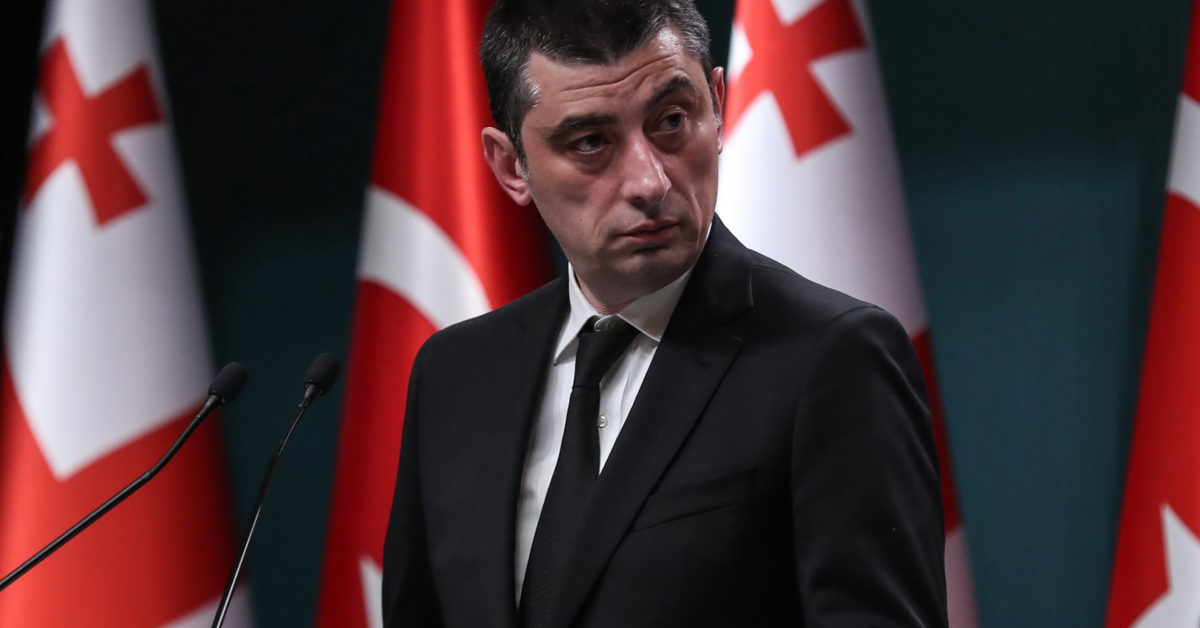Date first published: 18/02/2021
Key sectors: all
Key risks: political stability; reform; civil unrest
Risk development
On 18 February Prime Minister Giorgi Gakharia resigned in protest of the detention of opposition leader Nika Melia of the United National Movement (UNM) the previous day. The move came after a long-standing opposition boycott of parliament following the October 2020 legislative elections. In the aftermath of that vote, at which the ruling Georgian Dream (GD) party took 90 of the legislature’s 150 seats, a major opposition alliance coalesced around a demand to rerun the elections, which is now likely to intensify.
Why it matters
Gakharia’s resignation is likely to deepen Tbilisi’s political crisis. Mediation talks over the boycott had already stalled, and protests are anticipated from 25 February. While significant civil unrest is unlikely, the country is no stranger to political deadlock. Continued political dysfunction will mirror and reinforce struggles with judicial and administrative processes, and an early election provides no assurance of stability and could only worsen the crisis.
Background
All major opposition parties crossing the one per cent threshold for a parliamentary mandate refused to recognise the results of the October elections, at which GD secured 48 per cent of the popular vote and won almost half of the district races in the country’s mixed electoral system. While observers did note some flaws, the elections were deemed broadly competitive, and GD inherited an unprecedented, but not unconstitutional, third term in government. GD lack the 112 seats required for a majority and have refused to abide by the opposition’s request to annul their mandates. Since then, opposition parties have maintained a boycott on parliament, leading to frozen legislation.
The decision to place Melia under pretrial detention was based on his failure to post bail on charges relating to 2019 anti-government protests, but was likely a power move by GD. Gakharia’s subsequent resignation in disagreement with this led to Melia’s release the same day, and is likely to lead to renewed talks between the sides. However, the UNM-led opposition demands electoral reform, the release of alleged political prisoners and the resignation of the head of the Central Election Commission, which will likely complicate negotiations. EU and US-led mediation has worked in the past, but the next – fifth – round of talks has been on hold since December.
This all comes amid an historic trend of disenchantment and public apathy towards institutions extending to the banking sector and the judiciary. Melia’s detention has reinforced questions about judicial integrity and the courts’ relationship with political forces. The likelihood of billionaire former Georgian Dream leader Bidzina Ivanishvili remaining an influential figure long beyond his 11 January ‘retirement from politics’ marks another symptom of the barriers to effective judicial and administrative practice.
Risk outlook
The recent escalation is likely to result in talks, but recent months have shown their rate of success is low. Tbilisi could head down a dangerous path where its political crisis might result in its international backers – particularly the US and the EU – lose faith in the extent that democratic reform is possible, especially as an autocratic trend is increasingly gripping other countries in the region. In the short term, the opposition could rally around Melia’s brief detention, but political deadlock is likely to continue. The return of major civil unrest is possible, but GD increasingly realises that a renewed election could be the only solution to the current crisis – though no assurance of long-term stability.



